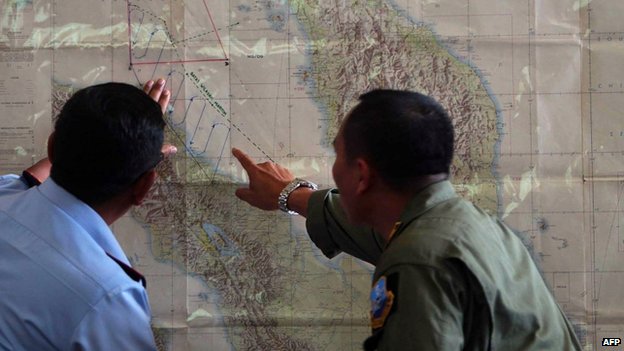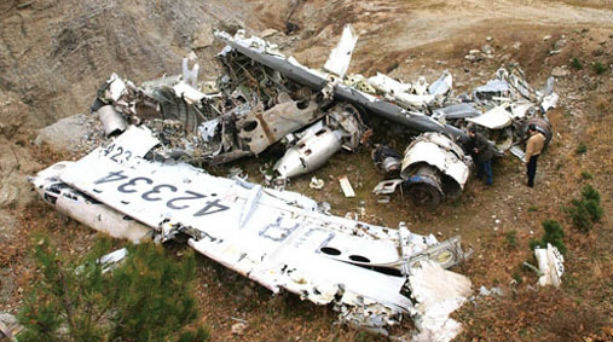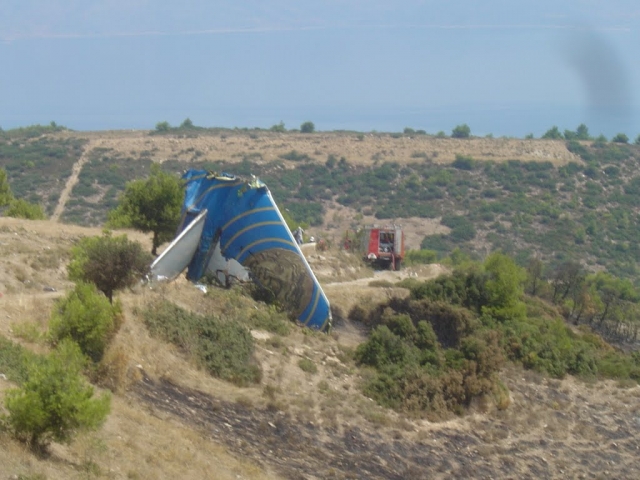Anastasia Balezdrova
For the fifth consecutive day, the world is anxiously following the unsuccessful attempts to find the plane of Malaysian Airlines. The reports that military radar had detected a signal that was probably transmitted by the plane have been denied. The mystery surrounding the fate of the aircraft, its crew and passengers is reinforced by the information that the last words of the pilot to the control tower did not indicate any problem regarding the flight.
GRReporter turned to the Hellenic Air Accident Investigation and Aviation Safety Board and its chairman Athanasios Binis for an expert opinion.
Mr. Binis, how are you following the investigation of the Malaysia Airlines plane crash?
I would like to clarify that our Board is not involved in the investigation of the crash in question. However, we are following the developments with great interest due to the specifics of our activity, which is flight safety.
How would you explain the mystery surrounding the fate of the plane?
All reasons that have been mentioned over the past days, namely a terrorist attack, bomb, mechanical failure of the aircraft or a combination of all three could have caused the crash. However, it is not possible for us to have a specific position regarding the cause since we have no more data.
How can a plane just disappear?
Aircrafts are equipped with transmitters and with special systems that transmit a signal in case of emergency, including the two ATC transponders systems, which are powered by different sources and through which the aircraft sends and receives signals from the earth. Through them, the control tower sees the flight height, data and code, and determines the position of the aircraft. These systems were functioning and at one point, they stopped transmitting any signal, which is very strange.
Furthermore, all aircraft are equipped with devices to send signals in case of emergency. This type of aircraft has at least one device installed and, since it makes transatlantic flights, it has mobile devices as well. These systems are activated by a sudden change in speed or collision. They send signals via a satellite, using specific frequencies (VHF and UHF), to special stations on earth, which determine the position of the aircraft. They can send a signal for 72 hours and can provide information within one kilometre of the actual location of the aircraft. In addition, the mobile devices remain on the surface in the event that the aircraft falls into the sea.
There are also a flight data recorder and a device that records the conversations in the cockpit. They are independent of each other and are equipped with an underwater location device (ULB), which transmits a signal when they fall into the water. They can transmit the signal from a depth of 20,000 feet, that is 6 kilometres, and the sea depth is not great in the case of the particular crash.
The flight data recorder and the device recording the conversations in the cockpit record the data on a chip made of hardened steel, which resists severe shocks, high speeds and high temperatures. It is really surprising how all these devices and systems have failed and sent no signal from the aircraft to date.

Is it possible for the plane to suddenly loose electric power?
Even if all electrical systems stop working, the aircraft is equipped with batteries, but let us assume that something very critical happened. The devices that I have already mentioned are powered by their own batteries. I cannot say anything more.
Has there been another case when the remains of a plane could not be found so many days after the crash?
I cannot be sure what happened 30-40 years ago, but I certainly do not remember such a case in recent history. We are talking about a particularly reliable aircraft.
I understand that the lack of any signal and everything that has been happening recently makes each of us, whether we are competent or not, imagine the most unlikely scenarios.
On behalf of the Hellenic Air Accident Investigation and Aviation Safety Board I would like to emphasize that the plane is still one of the safest vehicles. The disappearance of the plane in question may be considered as a separate event.
What are the worst air accidents in Greece?
One was in 2005 when a plane came down in the region of Gramatiko near Athens and the other in 1997 in the Pierian Mountains. We have had minor incidents, mainly with single-engine aircraft, but flight safety in Greece is high in general.

The remains of the "Yakovlev" type aircraft that crashed in the Pierian Mountains in December 1997
International experts had negatively assessed the report of the Board, which you head, in connection with the plane crash of Helios Airlines near Gramatiko? Do you intend to resume the investigation on this case?
I am not aware of the existence of such objections. I think the question is over for the Hellenic Air Accident Investigation and Aviation Safety Board.
